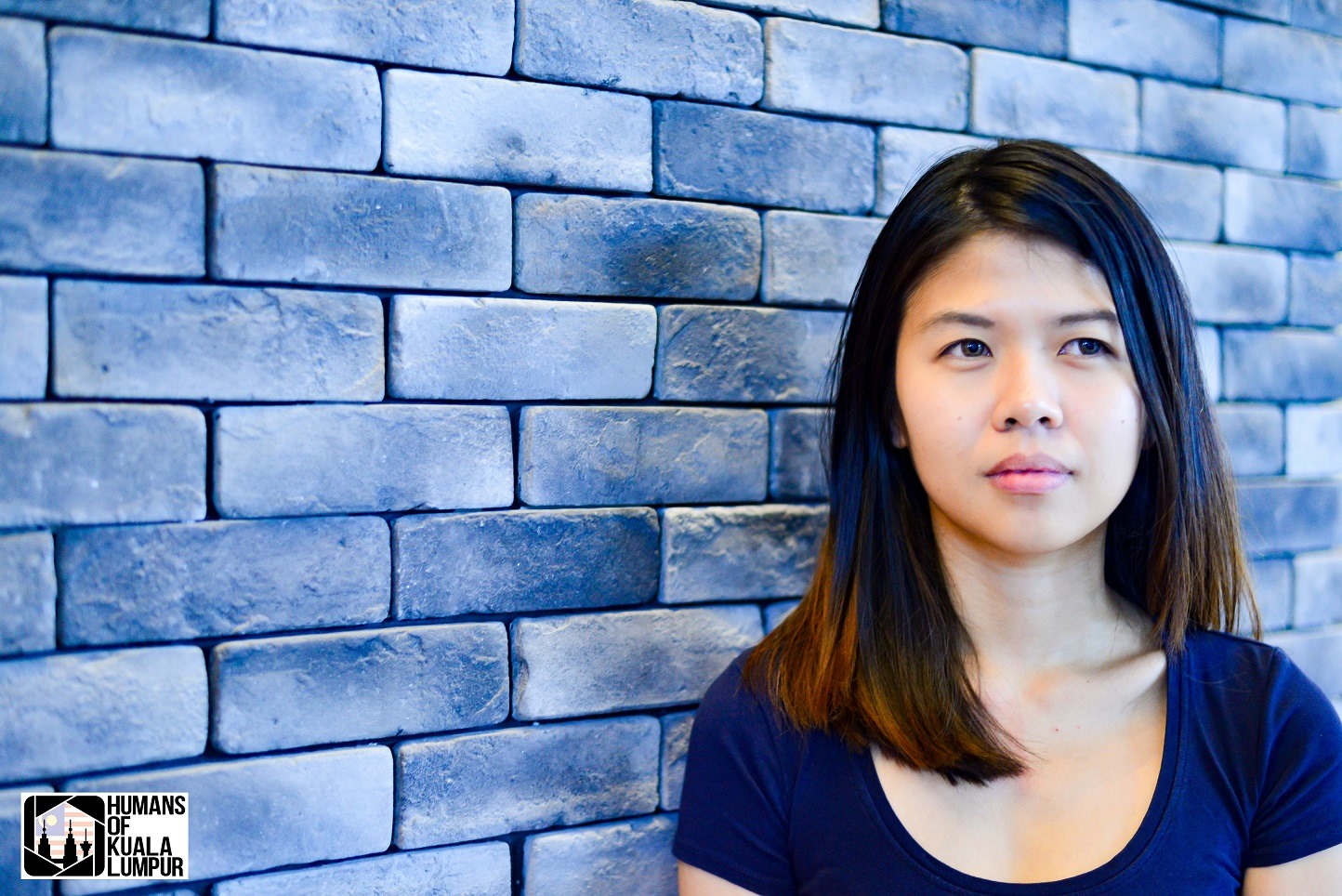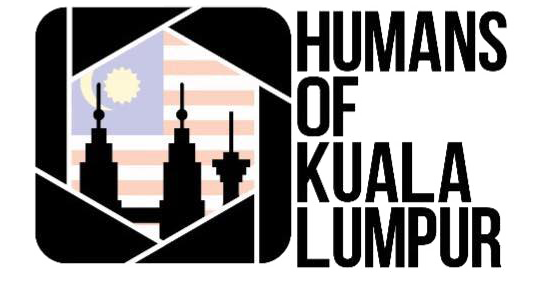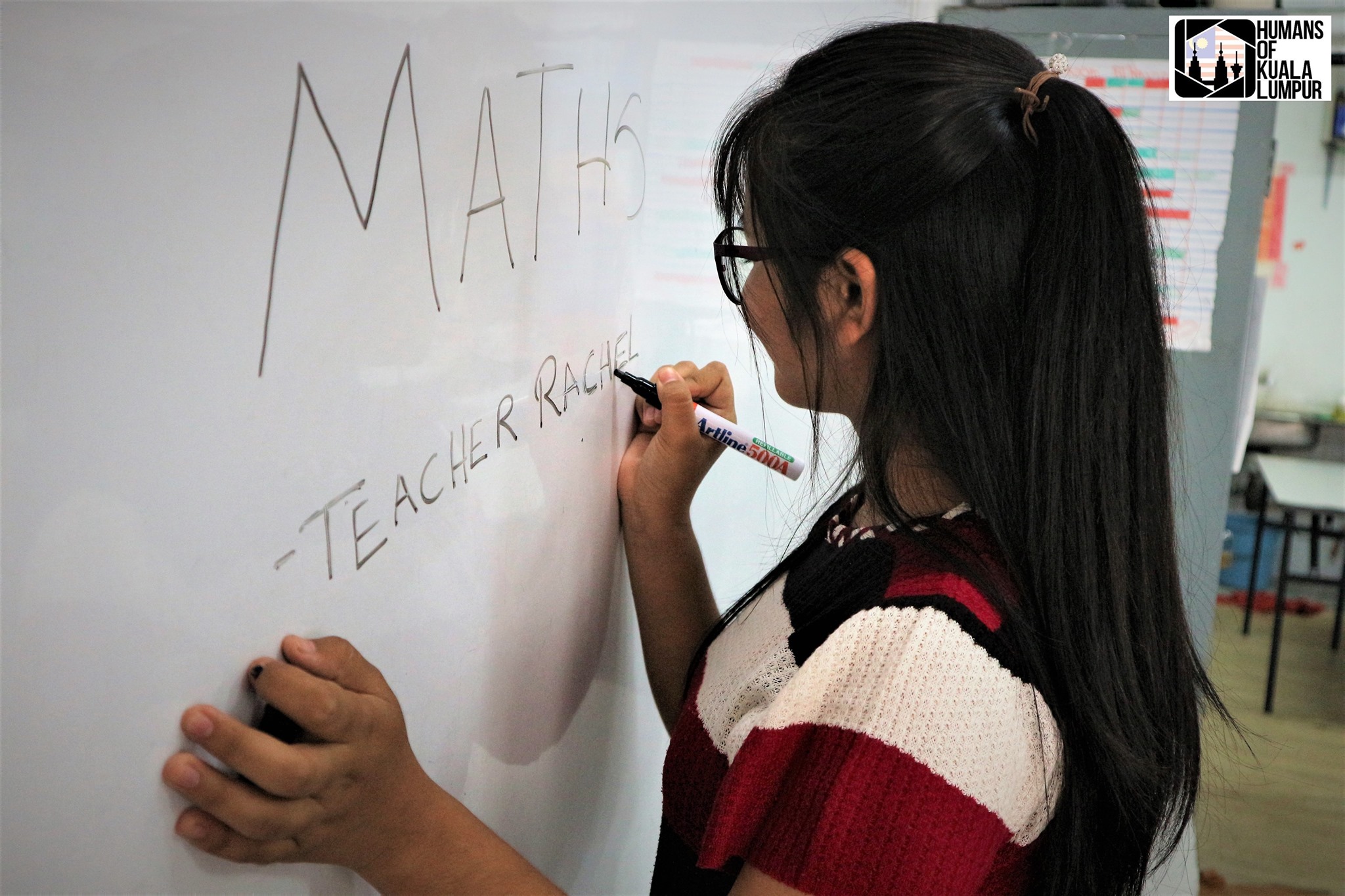“I work as a lawyer for Natives (indigenous people). We try to assist natives in claiming the land that they’ve been living on for generations. These include the Iban, Kadazan Dusun, and others who have been in this land for so long.
They don’t have a land title, so when the state eliminates the ‘geran’ (land grant) and give it to a timber company who may not have a title or geran but usually has a license to fell timber, that’s when the conflict starts. When a company comes in, saying they have the ‘geran’, the natives fight back, saying ‘we have been here for generations, why are you taking our land?’.
Normally when they claim lands, there are 2 parts to it.
The first one is for their houses, the clearings and their gardens, and the others are reserved for fishing, hunting, and foraging.
Then in 2016, the Federal Court decided that the natives cannot claim areas where they forage for food and go hunting.
Effectively, that meant many natives could no longer have a source of livelihood, especially if you are Orang Penan.
They are a nomadic people who move around every few years to new locations and survive by hunting food in the jungle. Some of them work. Younger generations work in the city, but for the elders, they are in the longhouse and tend to the crops and raise farm animals.
Us people living in KL are aware of our rights, we are more suburban and more individualistic, but the Orang Asli are more communal, more welcoming and forgetful of the consensus of the group to build anything.
So when it comes to the court, which wants more details on things, the Orang Asli are not as meticulous.
It’s difficult to reach their kampungs (villages), by plane or 4×4 cars, and logistics is an issue.
But we need to bring more awareness to them. They need someone to tell them what are their rights and to speak about their rights.
They must be willing to accept change – I am but just a small Chinese girl trying to help”.




